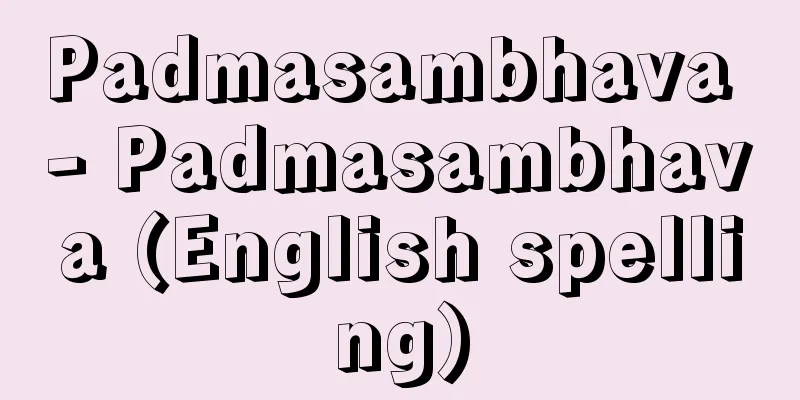Crime of intimidating a witness

|
If a person demands a meeting with a person deemed to have knowledge necessary for the investigation or trial of a criminal case involving himself or herself or another person, or a relative of that person, without a legitimate reason, or if he or she uses coercion or intimidation in connection with that case, he or she will be punished with imprisonment of up to one year or a fine of up to 200,000 yen (Article 105-2 of the Penal Code). This crime was established in 1958 (Showa 33) by partial amendment of the Criminal Code in order to prevent so-called "Orei-mairi" (visits to a shrine to pay respects to a deceased relative), and to protect the security of the nation's criminal justice system, as well as the peaceful private lives of witnesses and witnesses in criminal cases, or their relatives. There is some debate as to whether "criminal cases" in this crime include cases that have been prosecuted and are currently the defendant's case, as well as suspected cases and cases that may become suspects in the future, but the prevailing view and precedents interpret it as including these cases, based on the use of the term "investigation" in the text of the law. In addition, "persons deemed to have the knowledge necessary for investigation or trial" includes not only knowledge of the success or failure of a crime and its circumstances, but also all knowledge necessary for investigation or trial, so it includes not only those who were present at the scene of a crime or those who witnessed it, but also those who are currently being questioned by an investigative agency as witnesses, witnesses, or experts, and those who may become such in the future. In addition, this must be before the trial or judgment is finalized, but if a retrial has been requested for the case, the person may be subject to this crime until the verdict of the retrial is finalized. This crime requires the unreasonable demand or intimidation of the aforementioned person or his/her relative to meet with the deceased. "Demanding a meeting" means forcing the other party to meet with the deceased's will despite the deceased's intention, while "intimidation" means forcing the other party to comply with one's demands by words, or showing one's intimidation by words or behavior, causing the other party to feel anxious or confused. [Tetsuro Nawa] Source: Shogakukan Encyclopedia Nipponica About Encyclopedia Nipponica Information | Legend |
|
自己もしくは他人の刑事事件の捜査もしくは審判に必要な知識を有すると認められる者またはその親族に対し、当該事件に関し、正当な理由がないのに面会を強請し、または強談威迫(ごうだんいはく)する罪で、1年以下の懲役または20万円以下の罰金に処せられる(刑法105条の2)。 本罪は、1958年(昭和33)の刑法一部改正により、いわゆる「お礼参り」を抑止する目的で新設されたものであり、国の刑事司法の安全を保護するとともに、刑事事件の証人・参考人またはその親族らの平穏な私生活を保護するための罪でもある。本罪において「刑事事件」とは、公訴提起により現に被告事件となっているもののほか、被疑事件や将来被疑事件となりうるものも含まれるか争いがあるが、法文中に「捜査」という用語が用いられていることを根拠として、これらを含むと解するのが通説・判例である。また、「捜査もしくは審判に必要な知識を有すると認められる者」とは、犯罪の成否や情状に関する知識のほか、捜査や審判に必要なすべての知識をも含むから、たとえば、犯行の現場に居合わせた者やその目撃者はもとよりのこと、現に証人・参考人・鑑定人として裁判所に喚問され、捜査機関により取調べを受けている者のほか、将来それらの可能性がある者でもよい、とされている。なお、裁判や審判の確定前でなければならないが、当該事件につき再審が申し立てられている場合には、再審の判決が確定するまでは、本罪の客体となりうる。 本罪では、前記の者またはその親族に対し、故なく面会を強請したり強談威迫することを要する。「面会を強請」するとは、面会の意思がないのに、相手方にこれを強要することであり、「強談威迫」するとは、相手方に対し、ことばで自らの要求に応ずるよう強く迫ること、または、ことばや態度により気勢を示し、相手方に不安や困惑の念を生じさせることをいう。 [名和鐵郎] 出典 小学館 日本大百科全書(ニッポニカ)日本大百科全書(ニッポニカ)について 情報 | 凡例 |
<<: Merchant Guild - shounin guild (English spelling) guild merchant
Recommend
Master Taixu (English: Master Taixu)
1890‐1947 A leader of modern Buddhist reform in Ch...
Shigeru Kato
A scholar of Oriental history, known especially a...
Ecchu Shogun
...Yoshiki Ashikaga (Yoshitane Ashikaga), who was...
Gastric ulcer - ulcer
One of the peptic ulcers in which the digestive ac...
Mount Shasta
A mountain in northern California, USA. Located at...
University of Santo Tomás - Santo Tomás Daigaku (English name) University of Santo Tomás
Founded in 1611 by the Dominican Order in Manila, ...
Timisoara (English spelling)
Timiš County (area 8,692 km2 ; population 677,744 ...
Koga County, Chuso
This was a county-wide uprising by local lords in ...
Lardner, D.
...In addition, with regard to public transportat...
Stroheim - Erich von Stroheim
American film director and actor. Born September ...
Oguz Kagan - Oguz Kagan
…A legend, tale, or heroic epic poem passed down ...
Takataka - Gyoko
Year of death: 1455.8.17 Year of birth: 1391 (2nd ...
kichka
…Before the Russian Revolution, women in northern...
Shubo - yeast starter
<br /> For sake brewing, high-quality yeast ...
Vegetable man - Vegetable man
A patient who has fallen into a vegetative state d...









